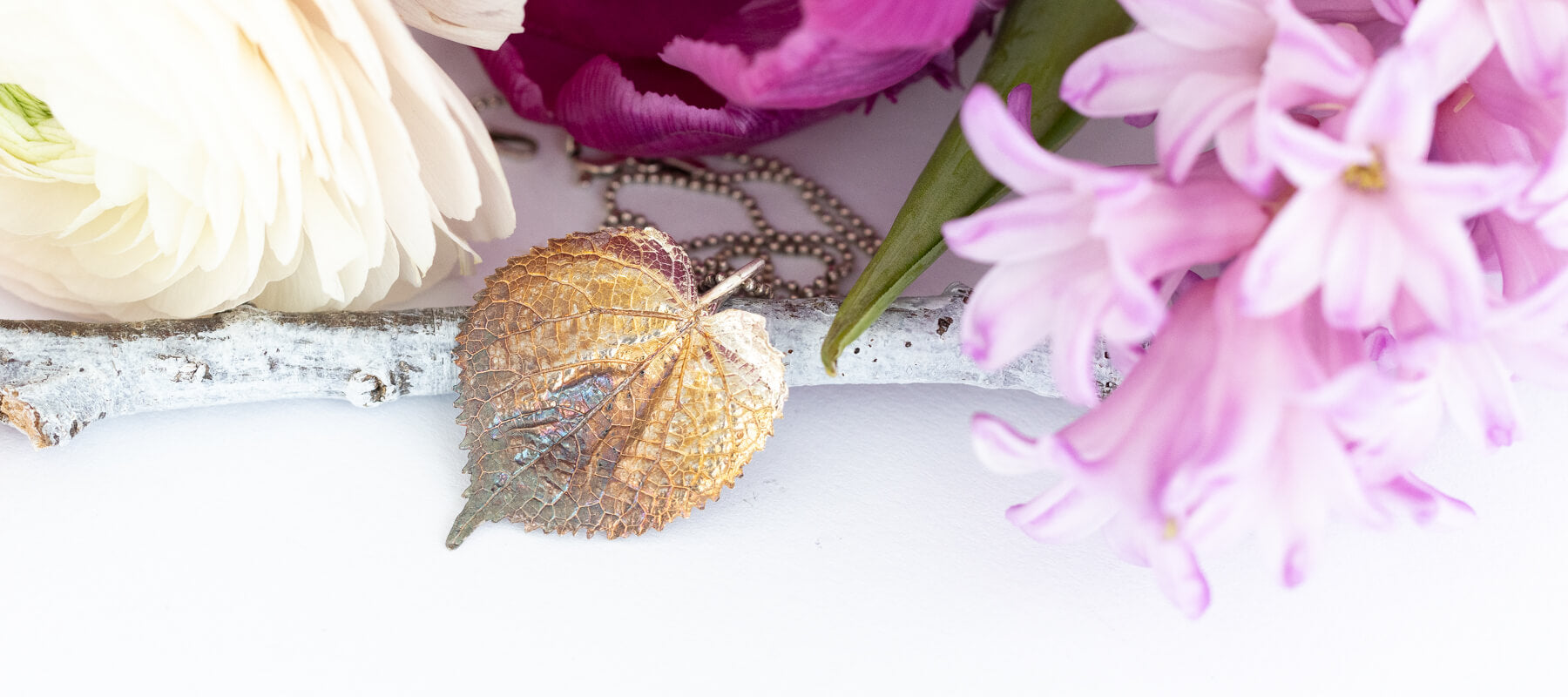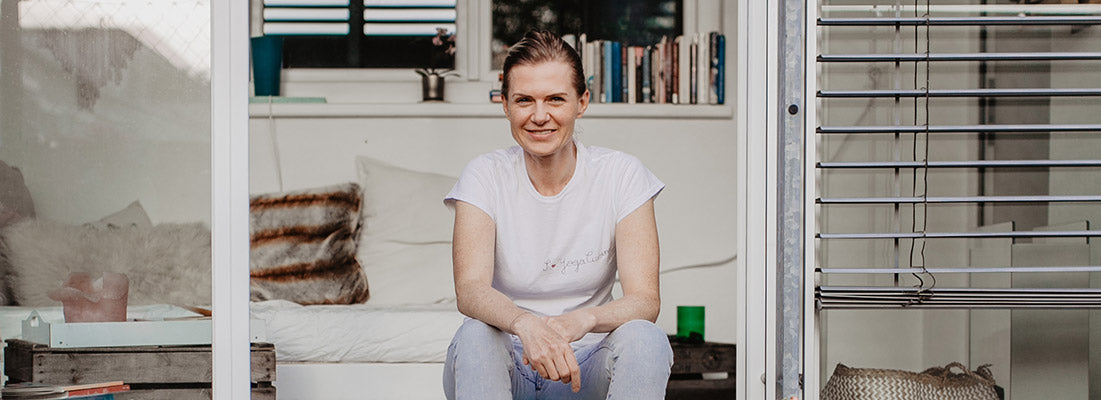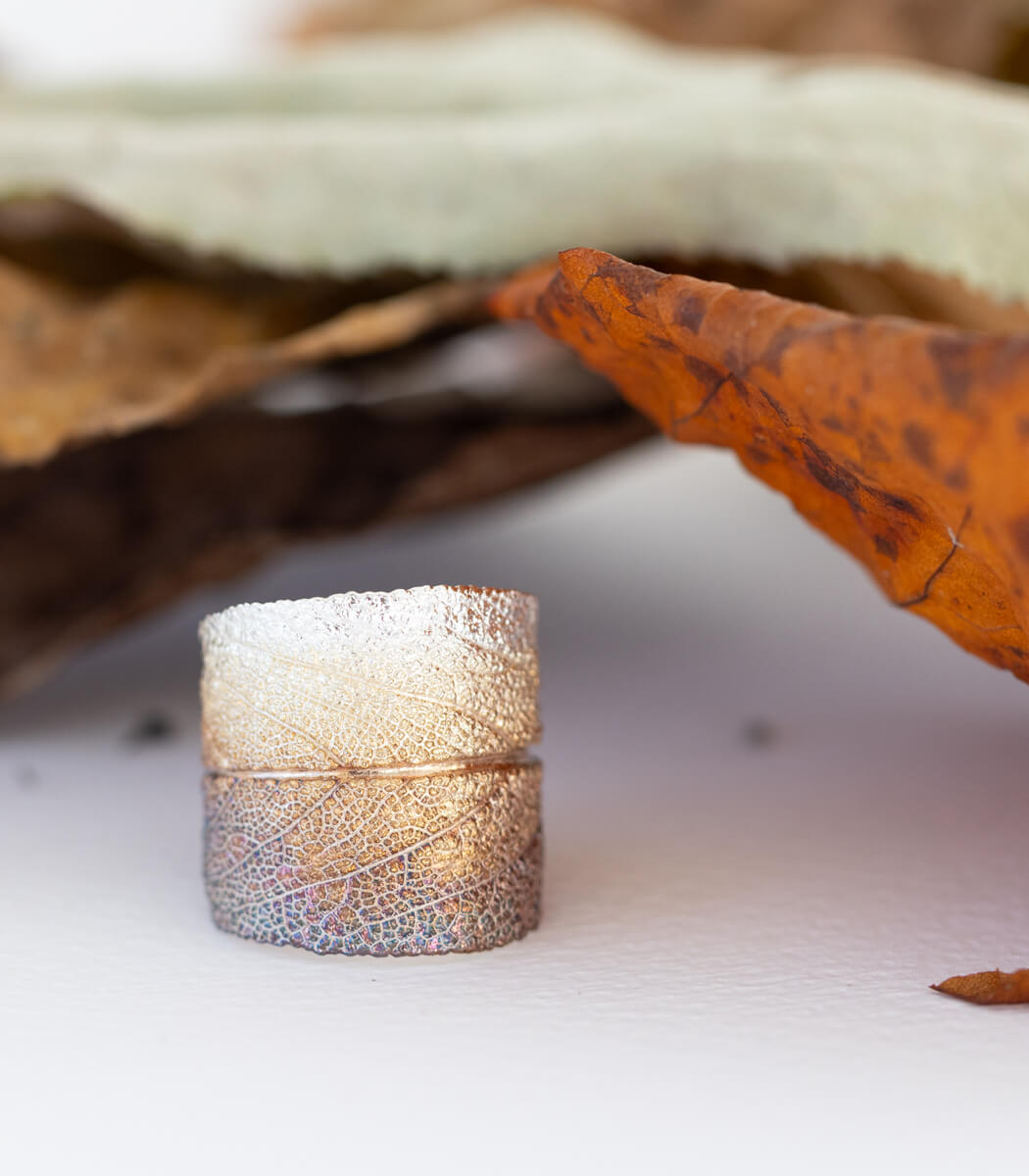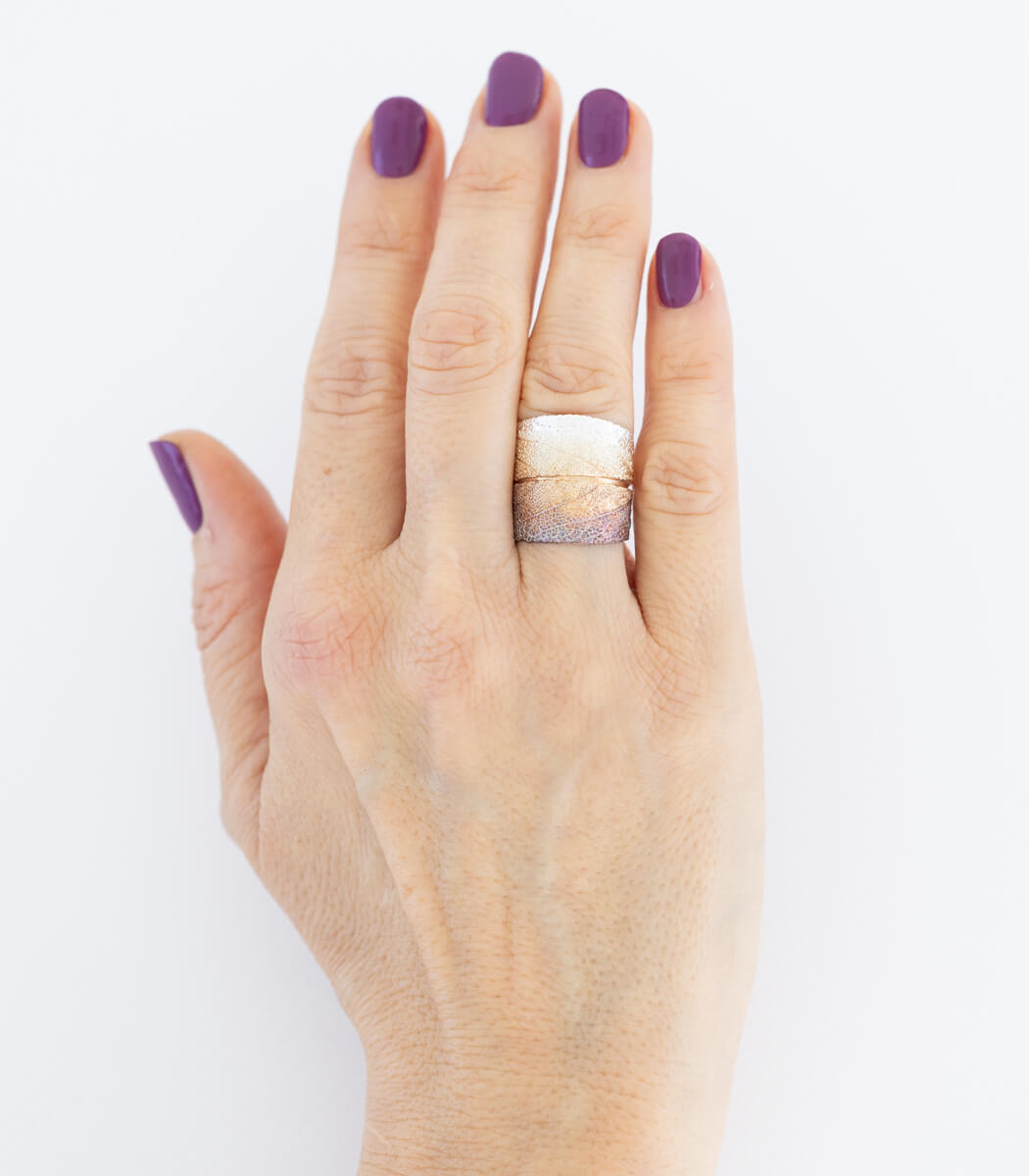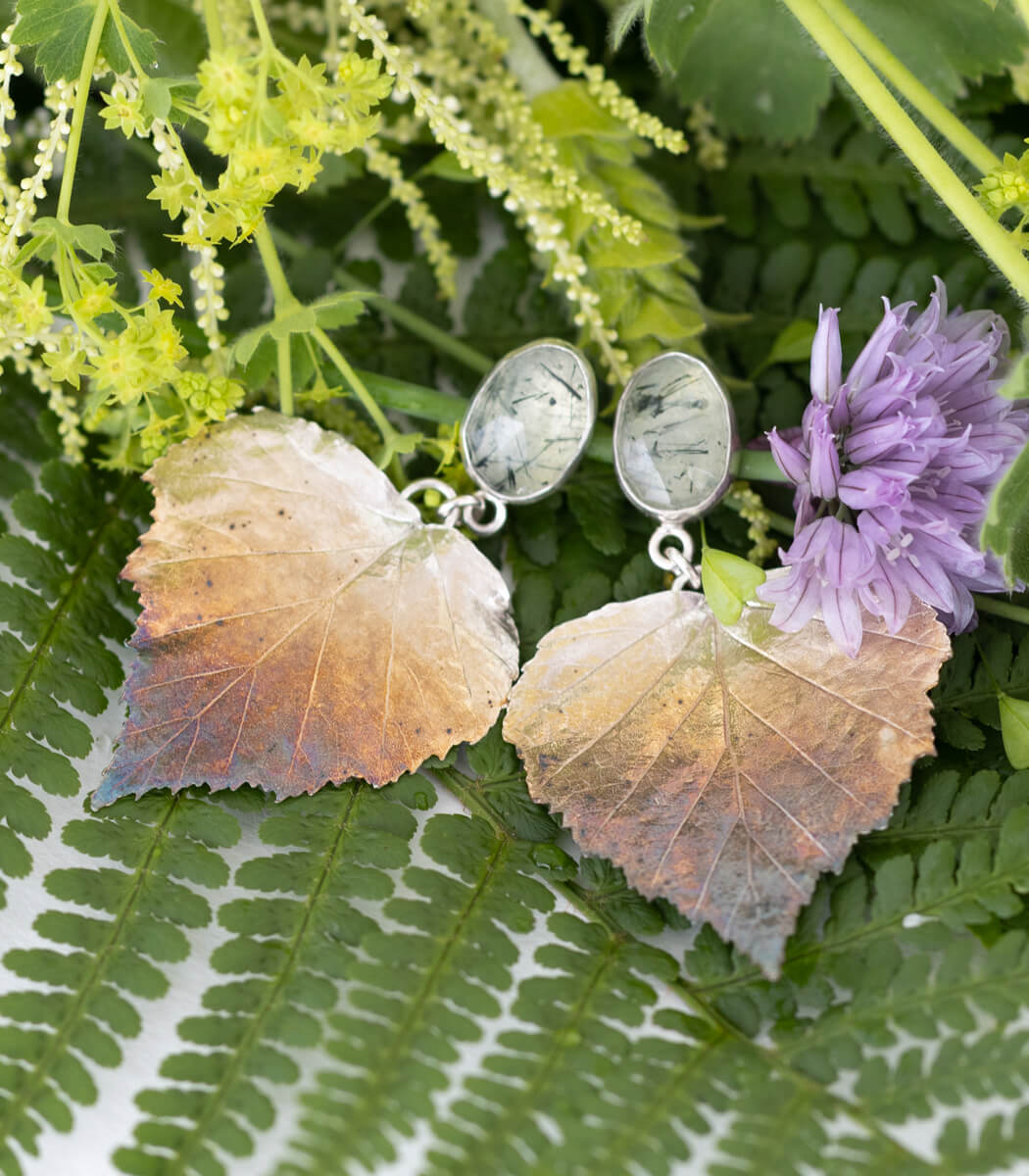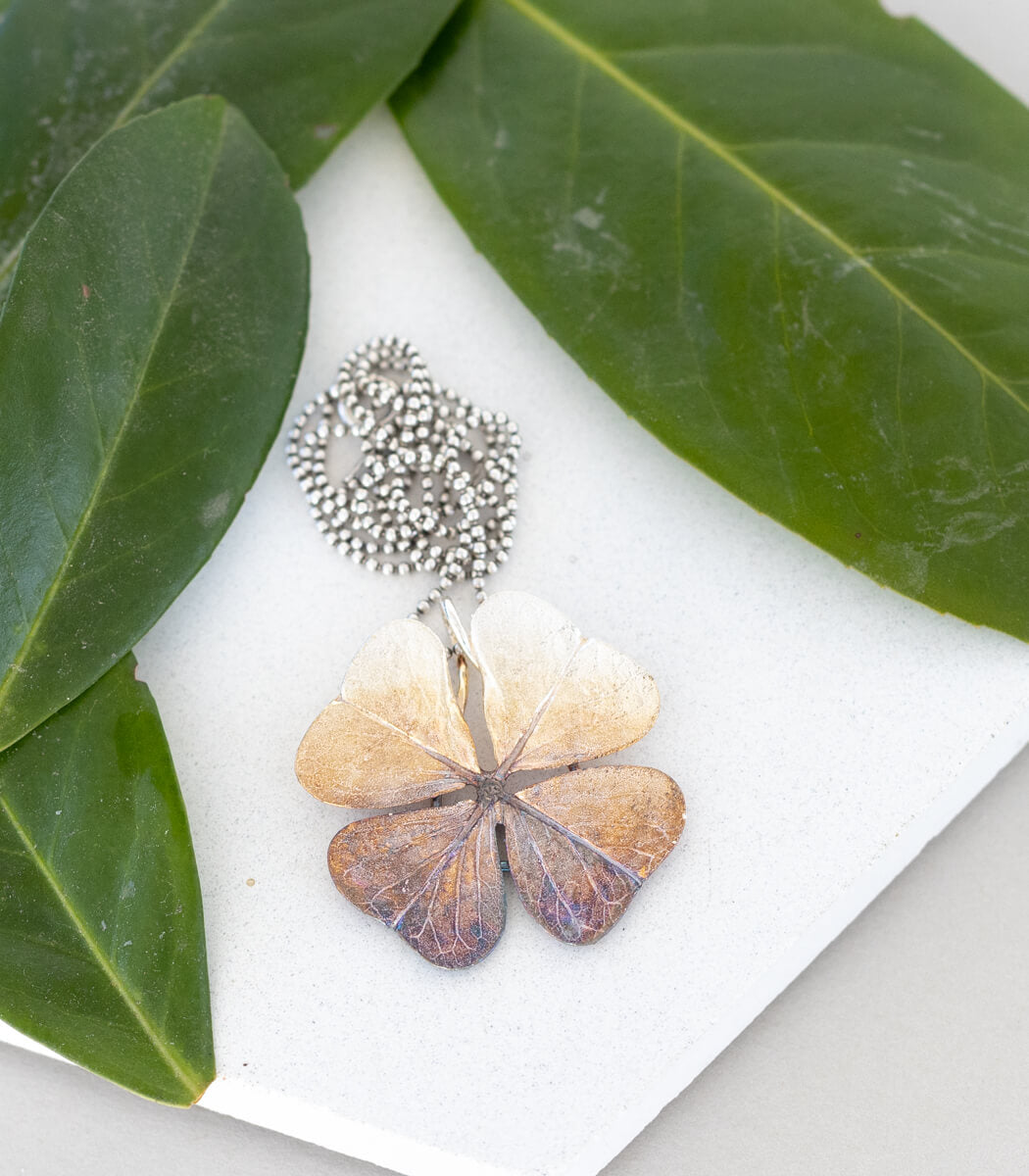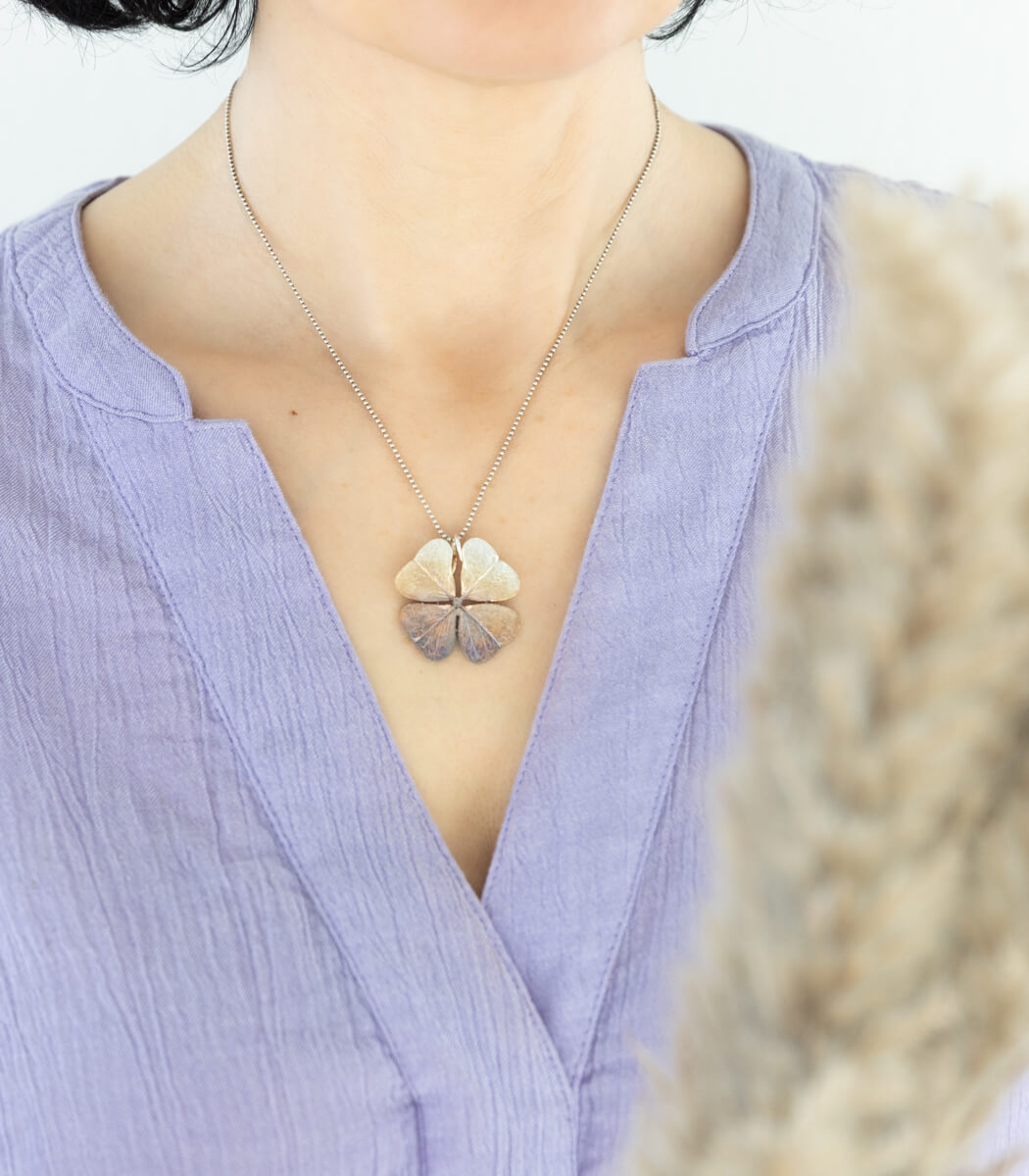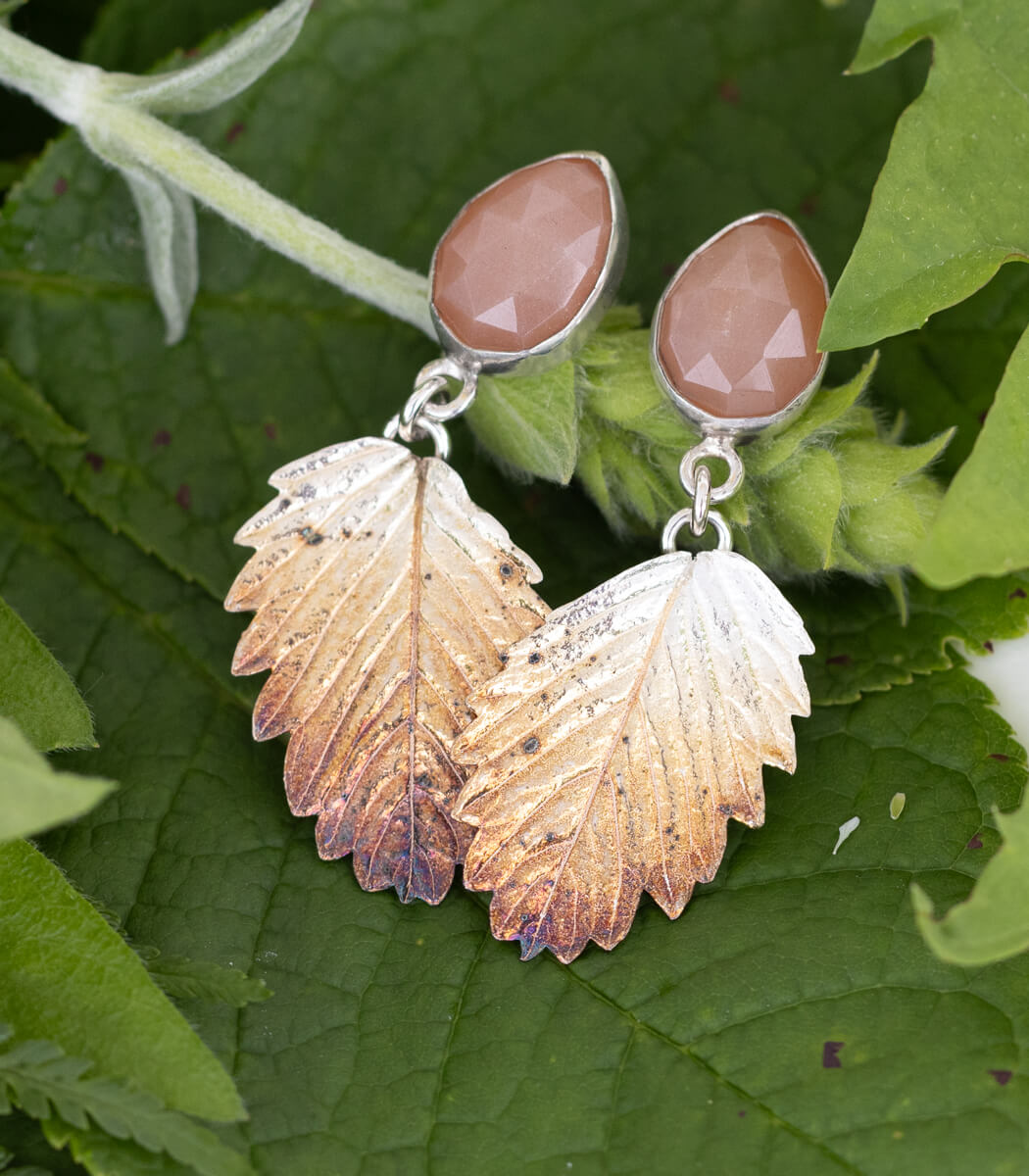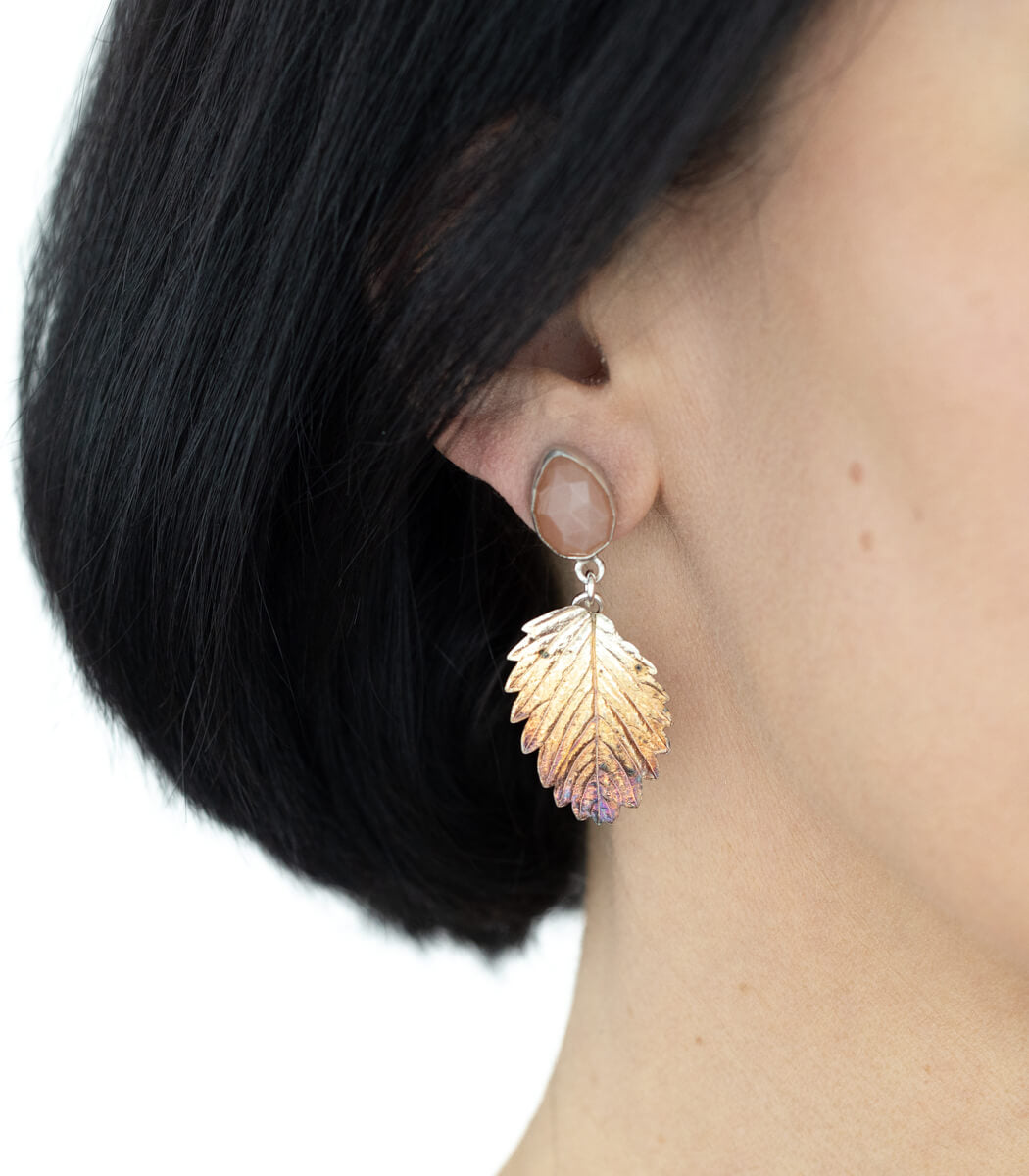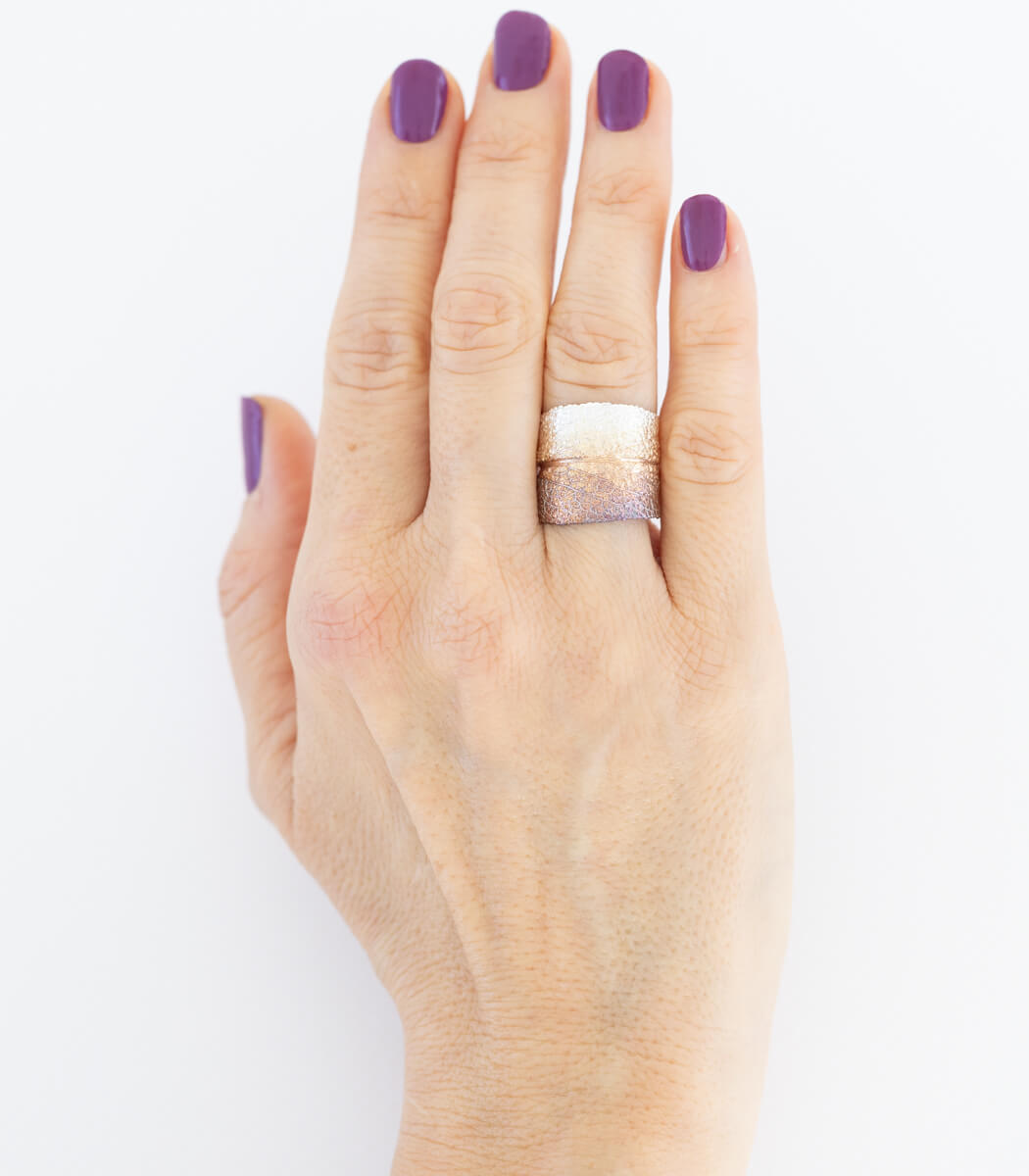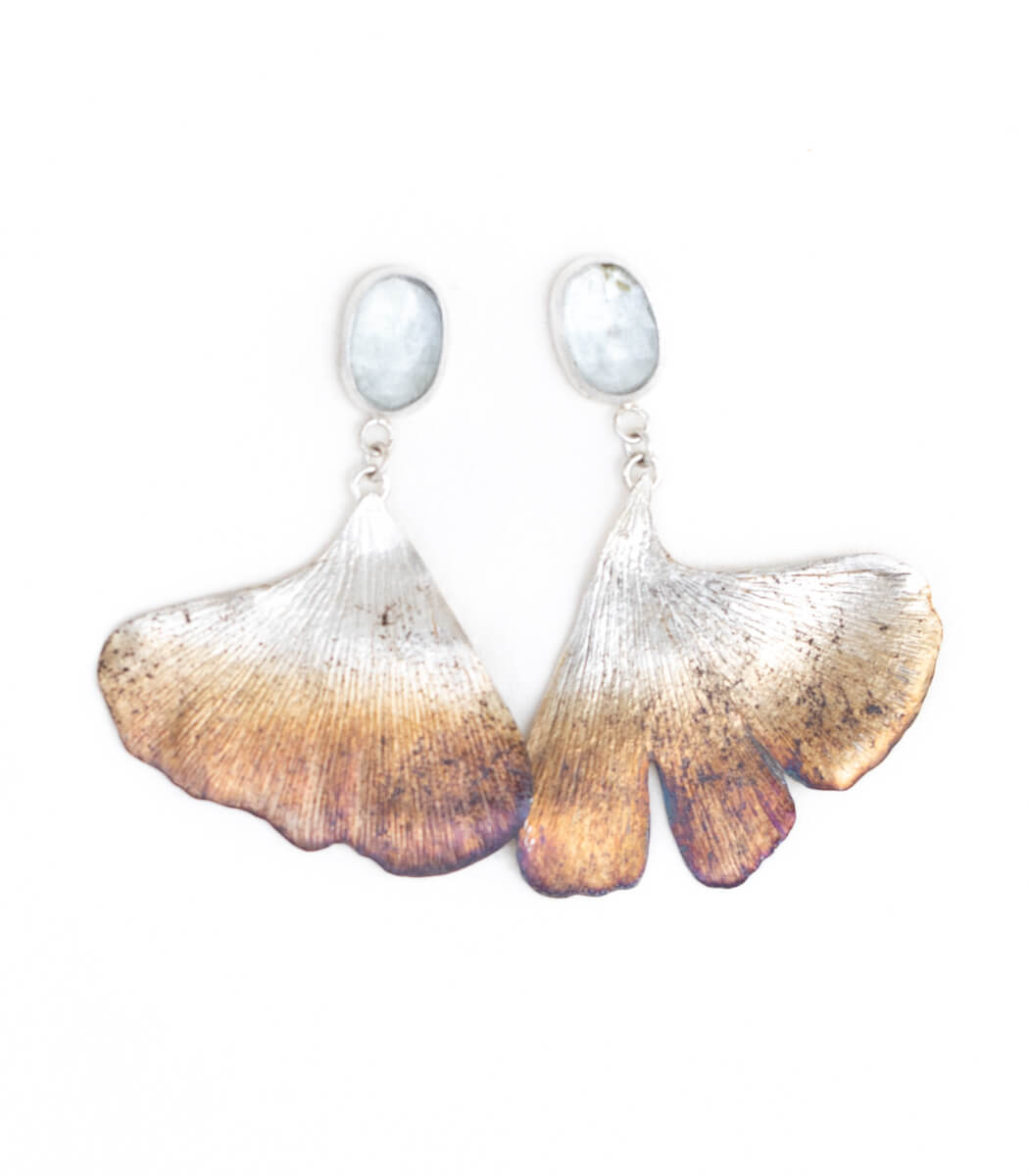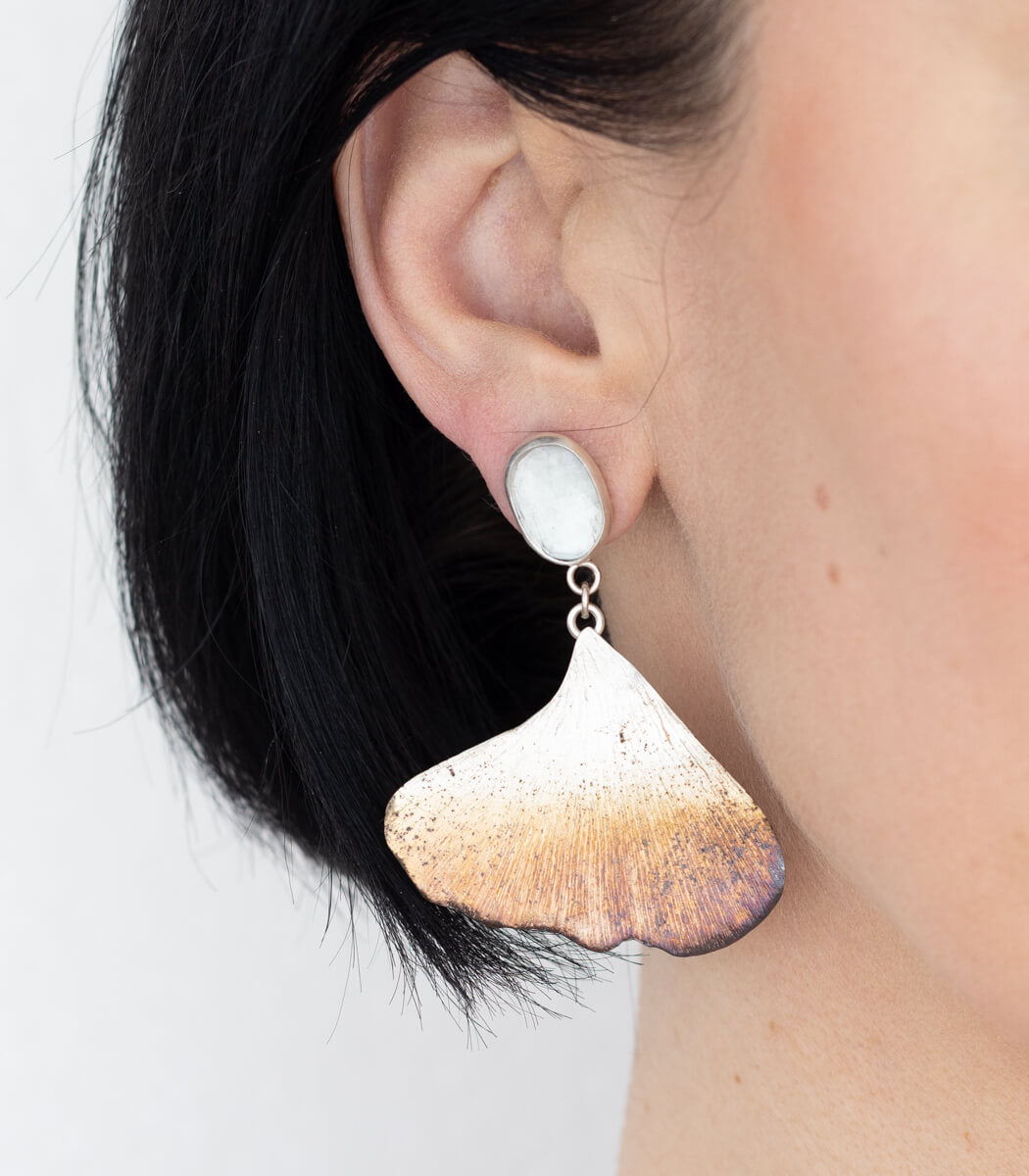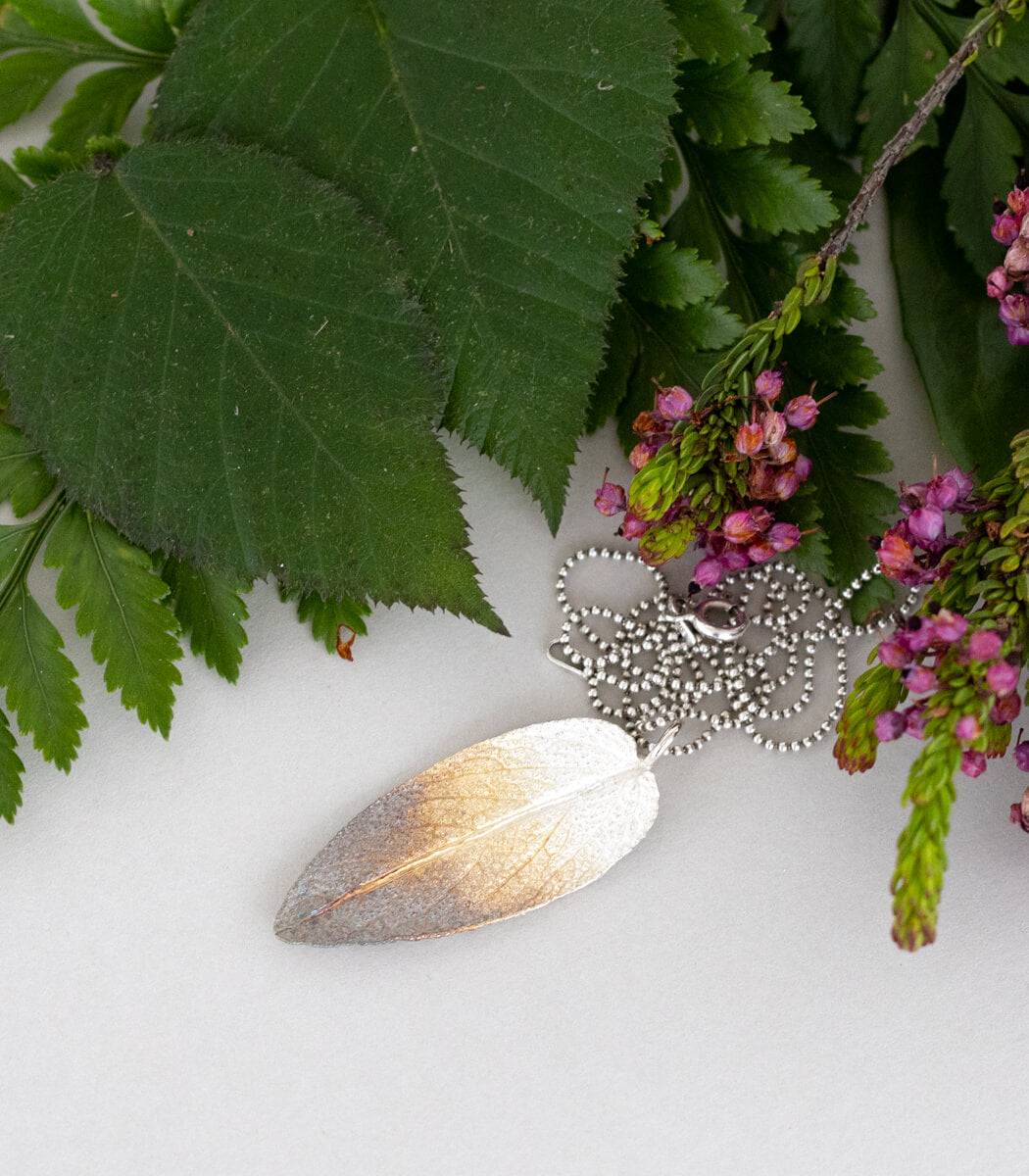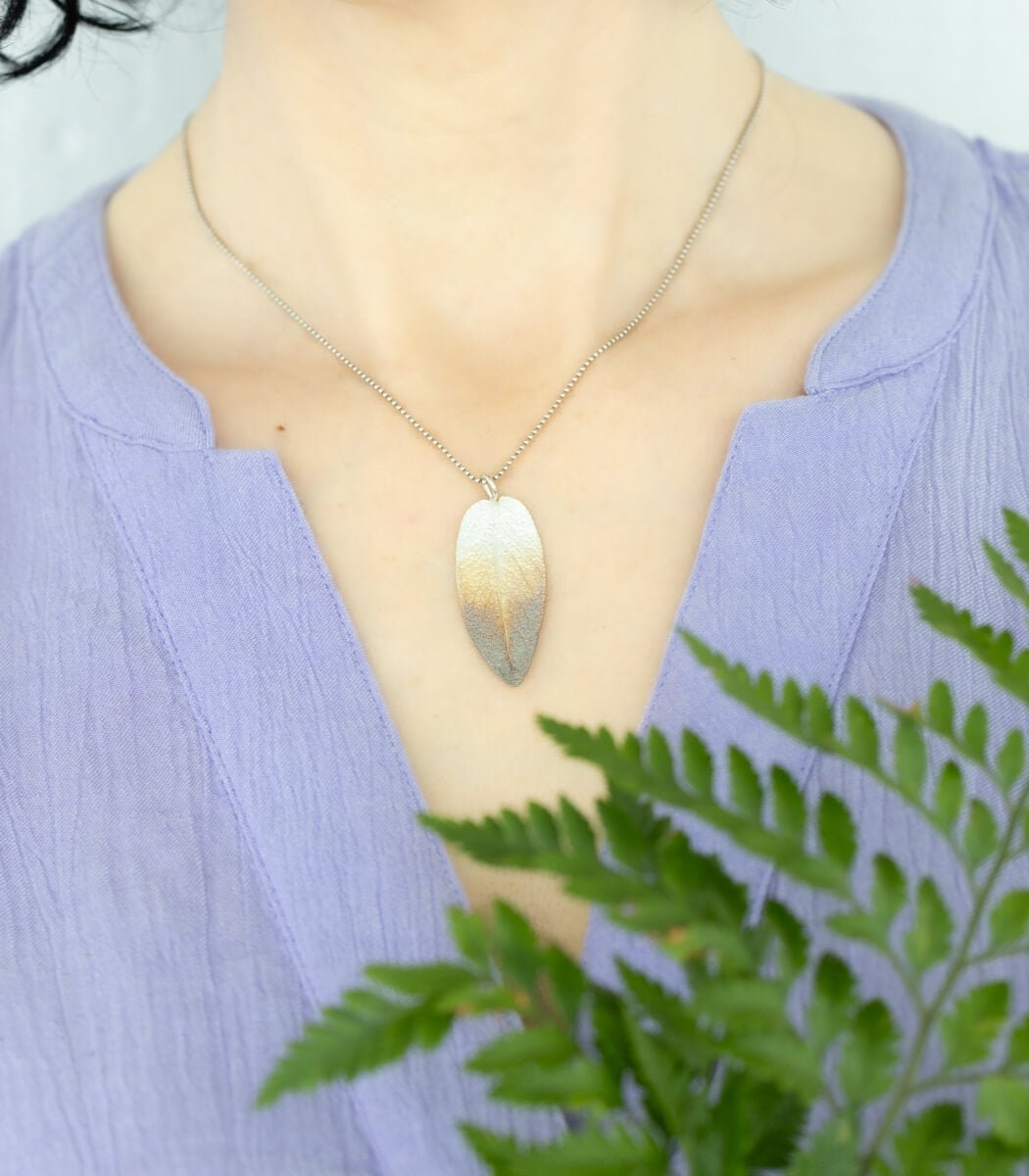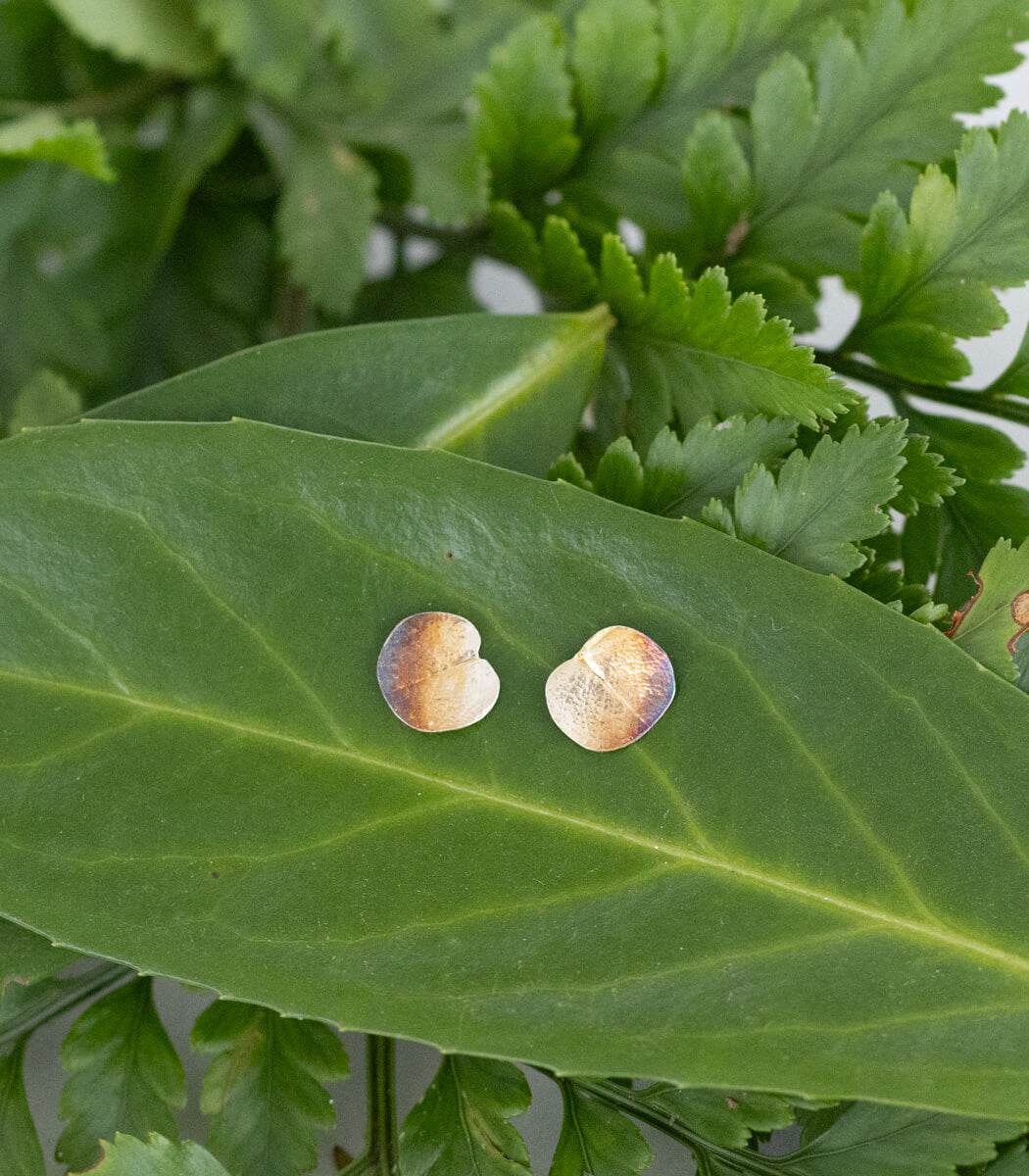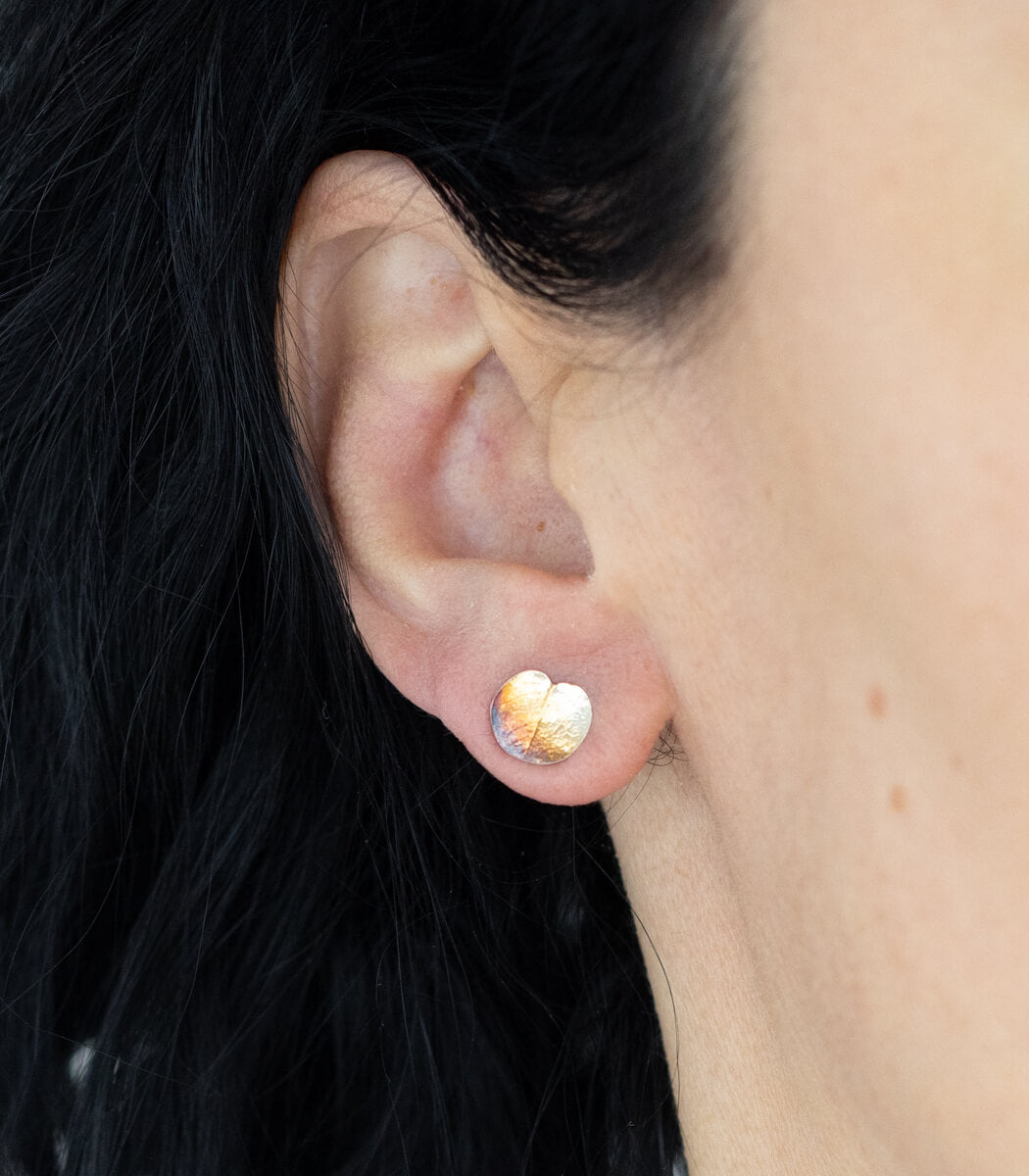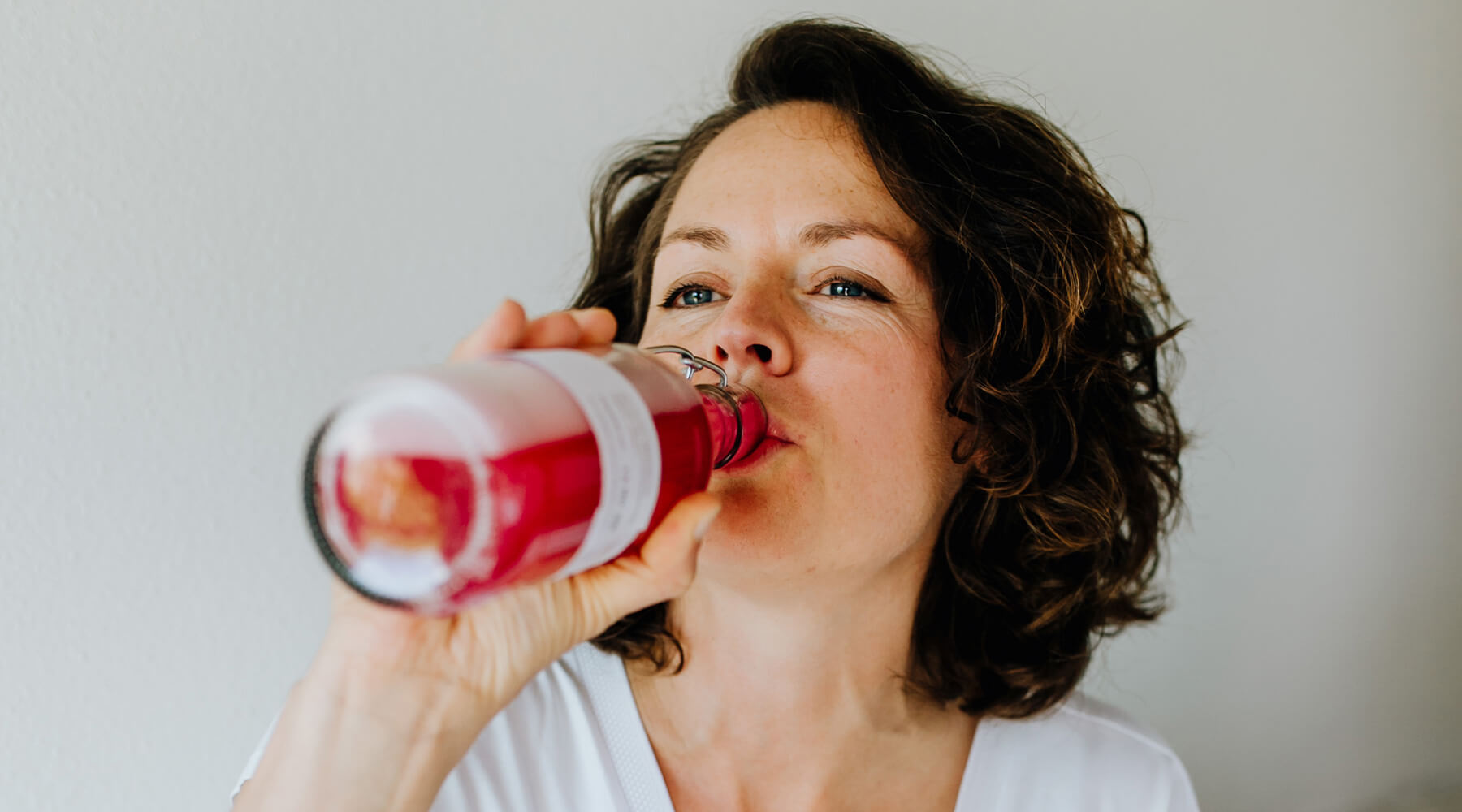
Fermentista Andrea says: "Fermentation is life"
This interview with Fermentista Andrea is part of a series of interviews with women who feel as connected to nature as I do. I talk to different women and their approach to nature and life.
I am a passionate fermentation expert and am convinced of the health benefits of ancient traditions.
Please introduce yourself to us and tell us something about yourself and your career? Where are you from? What job did you learn? Did you learn nutrition or cooking?
First of all, thank you very much for the opportunity to introduce myself to you. My name is Andrea Bierwolf, I come from Wartberg ob der Aist in the Mühlviertel, live on a farm there and am a self-employed fermentista. I wasn't always that way. I originally studied economics and then headed the construction department in my hometown until 2018.

I never really had a specific career goal. And since I had my son at the young age of 18 and became a single parent shortly afterwards, my life decisions were very much based on what was best for me and my son. But I have always had a passion for food that tastes good and is healthy. When my son grew up and I had more time for myself, it was clear to me that I wanted to further my education in nutrition. I wanted to know more about which foods are healthy and taste good. That's how my career path in nutrition began, which was born out of pure curiosity. I soon realized that food is closely linked to our thinking, attitudes, habits, beliefs, etc. and that's why I also trained as a mental trainer.
You mainly work with fermentation using healthy and natural ingredients. How did you get into this? How did you get into fermentation and what exactly fascinates you about it?
I became aware of the topic during my training as a nutrition coach in 2016. I read a report about water kefir and the health benefits it has. I really wanted to try it out. It sounded so simple and no one I asked knew anything about it. This made me more curious and I started to research and experiment further. With success. Many small everyday ailments disappeared into thin air. So I continued to research and experiment and I felt the need to pass on my knowledge and experience in workshops so that I could familiarize as many people as possible with it and motivate them to do it.

What is special about fermented foods?
The gifts of fermentation are manifold. They manifest themselves in healthy enjoyment with long-lasting, easily digestible foods full of flavor explosions without additives, which are good for our intestines and have a positive effect on our entire body.
What does a “normal” day look like for you?
Every day gives me the opportunity to make the most of my life. Especially in the last few years, since I have been able to live out my self-employment, I have tried to follow my instincts about what needs my time and attention. Therefore, every day is different. Of course I have appointments and fermentation also requires a certain routine in my life, which is good for me. But it is alive and does not want to be simply done with bad energy. Everything has its time and we humans have a feeling for it if we allow it and do not stubbornly follow our plans. I have learned that appointments can also be postponed if the time is not yet right. My inner voice helps me with this. I am very grateful that I can approach every day in this way.
And depending on what's going on, you'll find me in my office, in the kitchen, at a market or trade fair, in a workshop, with my family, with my friends, on a beach volleyball court, on the couch, on a delivery tour or traveling. If you ask me "So, what are you doing tomorrow?", I often just answer: "Let's see what's coming up."

Do you enjoy being in nature?
I am lucky enough to be able to live on a farm in the countryside in the middle of nature and I really enjoy it. No matter where I am at home, I am in the middle of nature. I can just look out the window or go outside whenever I feel like it. It's just great.
Do you also have a special favorite place or place of power - where do you like to be the most?
I love the sea. It gives me a special feeling of freedom and gives me strength.

Do you have a recipe for us that we can easily recreate even as “inexperienced” people and that supports our natural health?
With pleasure. Here is my recipe for a fermented garlic paste .
I love garlic. However, the lingering aftertaste in my mouth that stays with me overnight and into the next day has previously prevented me from eating garlic. Thanks to fermentation, that is no longer the case. I can eat garlic whenever and as much as I want without smelling it for long or keeping the taste in my mouth. Fermented garlic tastes much better and is always ready in the fridge for use in the kitchen. I don't have to peel garlic if I want a little garlic flavor in a dish and can avoid having to throw away leftover garlic cloves. Instead, I take the time to ferment the garlic once and can use it to season my food for a long time. The fermented garlic paste is a permanent fixture in my kitchen and must not run out.

Ingredients:
1 kg peeled garlic
50 g salt
100 ml water
3 g salt
Material:
1.5 l glass (Weck, Rex or with swing top)
1 sealing rubber ring suitable for the glass
Leaves for covering vines, raspberries or blackberries
Stones for weighting (boiled and cooled)
1. Blend the garlic.
Put the peeled garlic and salt in a blender and make a paste.
2. Pour the garlic paste into the jar.
When you fill the garlic paste into the jar, make sure that there are few air holes. Cover it with clean leaves from grape, raspberry or blackberry bushes and weigh it down with the boiled and cooled granite stones. Prepare some brine from 100 ml of water and 3 g of salt and pour this over it so that the garlic is well covered. Seal the jar airtight.
3. The fermentation process can begin.
Place the jar on a baking tray or plate and leave it to ferment at room temperature without direct sunlight for 14 to 21 days. During this time, the garlic may also turn blue and green. This is normal. The reason for this is sulphur-containing substances in the garlic, which decompose during fermentation and react with certain amino acids. This is not harmful and tastes normal. During the fermentation process, the paste changes colour again and usually looks beige to light brown at the end.
4. The garlic paste is ready.
As soon as the paste has reached the desired taste, put it somewhere cooler (cellar or refrigerator). In general, you can expect it to last for a year. Your taste decides.

Nature, herbs, but also sustainability and organic are very much on trend these days - why do you think that is? Why do we have a longing to be more connected to nature and to live simply?
There is a reason why old traditions have been passed down from generation to generation. Many of them were vital to us humans until industrialization. Electricity and mobility have displaced many old traditions because they were suddenly no longer essential and people had to use their time and energy for other things (using computers, electronic devices, cars, etc.) in order to keep up with rapid progress. But I think that many people are becoming more and more aware that we humans are moving further and further away from natural cycles and systems and even destroying them. The awareness that we humans cannot live without our environment is growing and with it the need to contribute to it and find our way back to a simple way of life that is in harmony with nature.
In August 2021, my book "Fermentista. All you need is time and love." was published by Freya Verlag. It combines theoretical knowledge about fermentation with simple instructions, practical experience and helpful tips for fermentation success at home. It can be used as a compilation and reference work for these six ferments: Fermented vegetables, kombucha, vinegar, kefir, yogurt and bread. The most important ingredients are time and love.
My goal in the workshops and in my book is to get my participants excited about fermentation - with information, basic instructions, experiences, tips and samples. The exchange of experiences in a group is also very important to me. Many have already fermented and don't even know that they are already a fermentista. I also want to stimulate the creativity of each individual. That's why it's important to me that everyone understands the principle of fermentation.
On my homepage www.fermentista.at you can find more information about me. I also work with two colleagues and together we offer workshops and retreats on the topics of mindfulness, nutrition and fermentation. Our homepage is www.mehralsnuressen.at .
A final tip from me: start with the ferment that appeals to you the most. Familiarize yourself with it before you start the next ferment. Otherwise you will overwhelm yourself and then fermentation will no longer be fun. But it is very important that you do not lose the joy of it. No matter what you try first. Don't give up straight away and share your experiences with others, then you will become more and more confident in dealing with your ferments and the joy of it can grow.
You can find more interviews about great women and their approach to nature here:
Karin from Naturspirit
Stephanie from Atempause
Susanne from Naturzauberwerke
Tina from the herbalist
Melanie from Mint
Anja from Daisy & Sunshine
Andrea from Fermentista
Andrea from Yoga Cuisine
Marlies von Quendelgrün
Christine from Textpoterie
Doris from Made with Love
Alex from Die Kräutermadame
Bianca from Naturespiritauraspray
Gerda from Green Power

